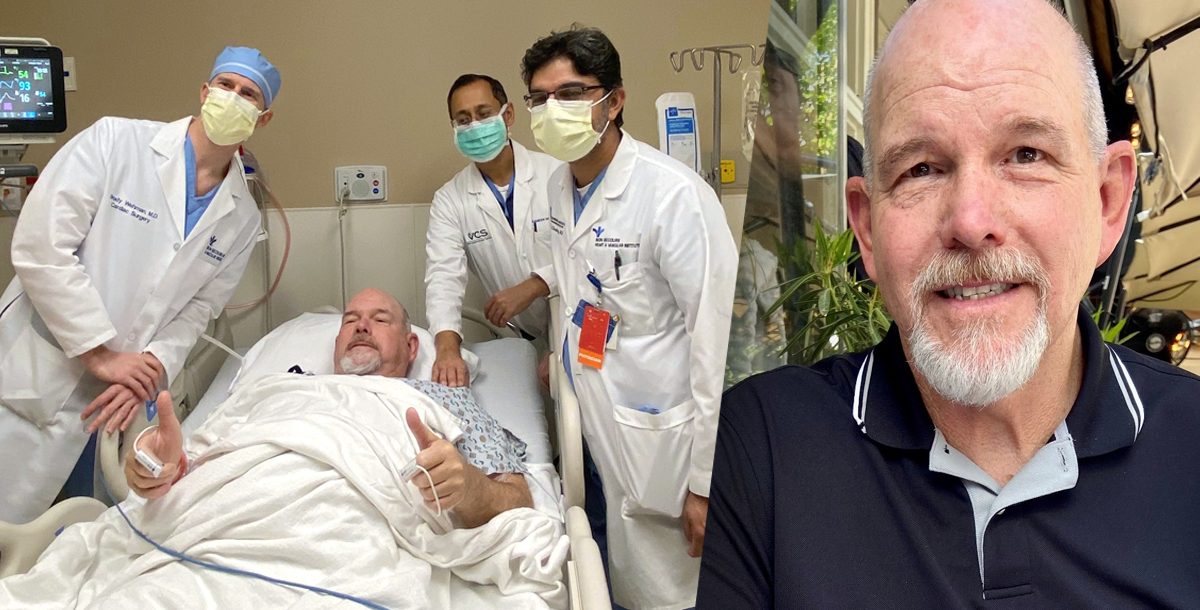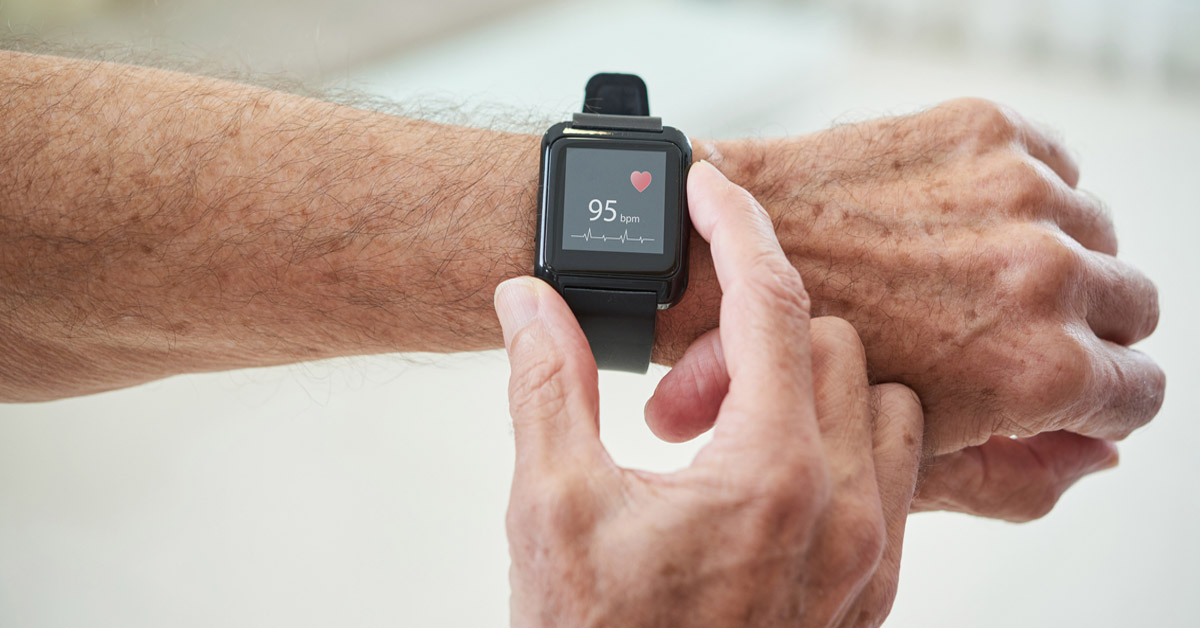It is estimated that as many as 11.6 million Americans have heart valve disease, a type of heart disease that involves damage to one or more of the heart’s four valves. It causes the valves to not open or close properly, which then disrupts blood flow.
Treatment of valve disease depends on your specific situation. There are some types of valve disease that can be treated with valve repair or replacement. So, if more conservative treatment options are not enough to manage your heart valve disease, you may need to undergo heart valve surgery.
What is TAVR?
The Transcatheter Aortic Valve Replacement (TAVR) procedure is a minimally invasive method of treating valve disease without open-heart surgery. Instead of making a large incision in the chest, the medical team inserts a catheter into one of the leg arteries. TAVR carries a very low risk of complications and patients are often ready for discharge within 24 hours. For all of these reasons, this procedure has given patients with limited treatment options a chance for an improved quality and length of life.
In December 2021, our Bon Secours Memorial Regional Medical Center Structural Heart Team proudly performed their 100th TAVR procedure. This milestone procedure was performed by a multidisciplinary team including interventional cardiologist Sohail Chaudhry, MD, interventional cardiologist Sameer Rohatgi, MD, and cardiovascular surgeon Brody Wehman, MD.
Meet 100th TAVR Patient Paul Goodman
After realizing that he couldn’t walk 50 yards without labored breathing and needing to rest, Paul Goodman realized he had a problem. After consulting with his cardiologist, Paul was informed that one of his heart valves was malfunctioning and needed to be replaced. Paul was no stranger to heart surgery; he’s had two open-heart surgeries in the past.
However, when he spoke with his medical team, he was informed that he was a candidate for the minimally invasive TAVR procedure for his valve replacement. It would reduce his recovery time from six to eight months for traditional open-heart surgery to just days.
After undergoing the TAVR procedure, Paul is now able to walk the length of 17 football fields without being heavily winded. His follow-up visits have gone well, and he’s continuing to recover as well as get back to his normal life every day.
“Paul’s story highlights the importance of close observation and collaboration by cardiologists, as well as cardiac surgeons, for patients who have advanced valve disease,” Dr. Wehman shares. “If you’ve ever been told you have a heart murmur, you should be evaluated by a cardiologist for early detection of any serious issues that could involve one or more of the valves in your heart.”
Paul’s experience was so positive that he told Dr. Wehman, “you’ve heard the saying ‘what a difference a day makes.’ Well I have a new saying, ‘what a difference a TAVR makes.’”
Paul adds, “I thank God for this medical advancement.”
The TAVR procedure is available at Bon Secours Memorial Regional Medical Center in Hanover County as well as Bon Secours St. Mary’s Hospital in Richmond.
Also, February is American Heart Month. Learn more about the cardiology services we provide at Bon Secours.




